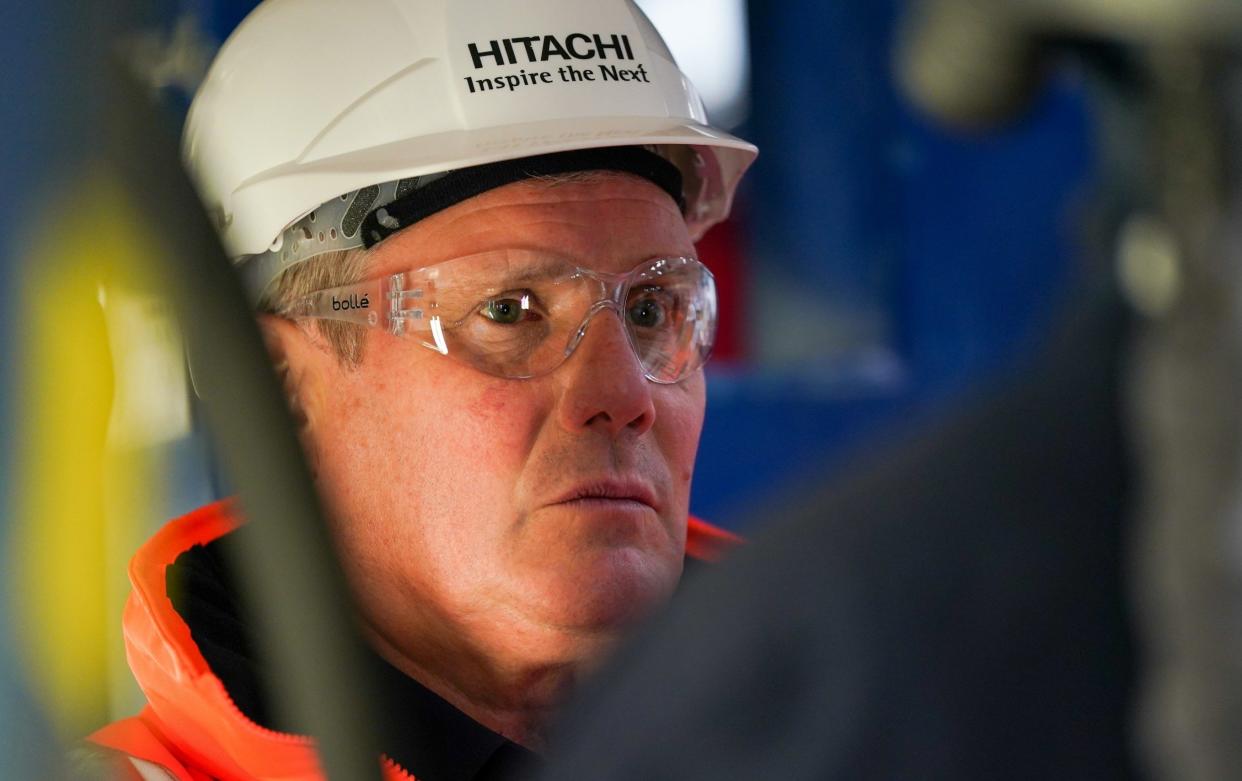Renationalisation won’t fix the railways

Those with fond memories of the old British Rail may wistfully remember breakfasts and lunches served in restaurant cars staffed by impeccably liveried waiters. But they have probably blocked out recollections of the decaying rolling stock, the regular national strikes, the ancient sandwiches, and the sense of a waning industry sustained by ever-growing state subsidies.
The privatisation of the railways in 1994 was intended to arrest this decline, remove taxpayer support, introduce competition, increase passenger numbers, improve punctuality and generate investment. An early plan to give the train operators control of the track and the stations was abandoned and a separate body Railtrack created. It ran into difficulties and was effectively renationalised by the last Labour government.
The heavily regulated operators themselves have changed as franchises expired, and many new arrivals in the market brought in much-improved carriages. Travellers can also be routinely compensated for the late running of trains, something that never happened with British Rail.
Before the pandemic, passenger numbers had risen to levels not seen since the 1920s. But the Covid closures hit profits of the train companies hard and many have not fully recovered. The succession of strikes over the past two years have added to their woes. Some lines such as the East Coast are now run by the Transport Department, while studies have blamed fragmentation, waste and bureaucracy for suffocating the system.
Even its most ardent proponents cannot say privatisation has been an unalloyed success and the Conservatives have done little to improve matters in their 14 years in office. Indeed, the Government’s stalled plans to establish a new body called Great British Railways is effectively the template for Labour’s proposed renationalisation. The idea for a separate arm’s-length body to run the railway was previously proposed by Boris Johnson.
The nationalisation process would be carried out over a five-year period as each franchise expires. But the reasons for relinquishing state ownership remain as strong now as in the early 1990s. When there is a call on the taxpayer for more money to improve the railways or the NHS, which gets the priority? Public ownership can only be justified if at the end of the five-year period they are better-run than they are now. History suggests they won’t be. Moreover, the rail unions love the idea, which should make every passenger wary.


